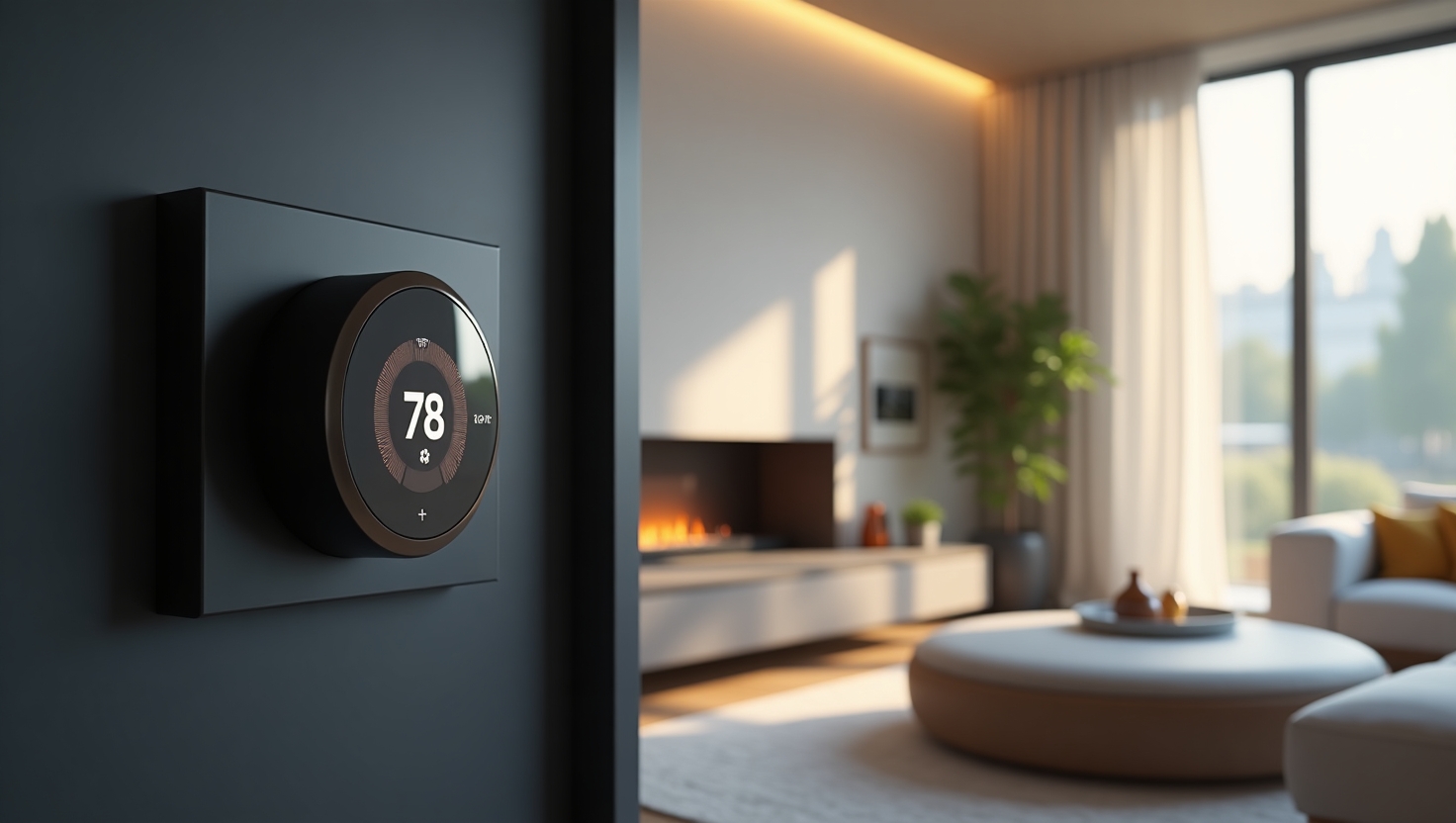The concept of a “Smart Home” is no longer futuristic—it’s our present reality. As innovation sweeps through every industry from healthcare to hospitality, our homes are also evolving with advanced technologies that offer convenience, efficiency, and security. A smart home allows you to control lighting, appliances, security systems, and more—all through your smartphone or voice assistant.
But beyond gadgets and automation, smart homes are about creating responsive environments tailored to your lifestyle. Whether it’s remotely turning on your AC or setting up custom lighting routines, smart living is here to stay.
How Do Smart Homes Work?
Smart homes operate through interconnected devices that communicate over Wi-Fi, Bluetooth, or dedicated protocols like Zigbee and Z-Wave. These devices are managed via apps or platforms such as Google Home or Samsung SmartThings.
– Advertisement –
With automation, you can set custom rules: lights that turn on at sunset, thermostats that adjust when you leave home, or security systems that activate automatically. The power lies in synchronizing these devices for a seamless living experience.
Smart Home Technologies to Watch in 2025
The smart home landscape in 2025 is marked by advanced AI and improved interoperability:
- Voice Assistants are more intelligent, offering contextual responses and broader device compatibility.
- Universal Standards like Matter enable smoother inter-brand connectivity.
- AI-Powered Automation learns your behavior and customizes actions accordingly.
- Enhanced Security Tech like facial recognition and real-time alerts makes your home safer.
Also Read: Best Free AI Chatbot: Your Ultimate Guide to 2025’s Top AI Assistants.
– Advertisement –
Smart Home Devices by Room
Smart Yard
- AI-Driven Sprinklers: Adjust watering based on weather data.
- Robotic Lawn Mowers: Maintain lawns with minimal effort.
- Motion-Sensing Lights & Security Cameras: Enhance safety and visibility.
Smart Living Room
- Voice Assistants (e.g., Google Home): Control lights, music, and thermostat.
- Smart TVs & Plugs: Enable entertainment and energy management.
Smart Kitchen

- Smart Fridges: View contents remotely via internal cameras.
- App-Controlled Ovens & Coffee Machines: Start appliances before you arrive.
- Garbage Bins & Dishwashers: Alert you when full or ready.
Smart Bedroom
- Sleep-Tracking Mattresses & Smart Lights: Promote better rest.
- Voice-Controlled Alarm Clocks & Automated Blinds: Improve daily routines.
Smart Bathroom
- Smart Mirrors: Display weather and schedules.
- Touchless Faucets & Digital Showers: Customize water flow and temperature.
- Smart Scales & Toothbrushes: Sync with health apps for tracking.
Smart Home Gym
- AI-Integrated Equipment: Real-time coaching and progress tracking.
- Mirror-Based Trainers & Connected Cardio Machines: Personalized workouts.
Smart Garage
- Smart Door Openers: Offer remote access and motion sensing.
- EV Chargers & Smart Storage: Sync with energy plans for efficiency.
Smart Backyard
- Voice-Controlled Speakers & BBQ Grills: Host smarter parties.
- Pool Automation: Manage lighting, temperature, and cleanliness.
Benefits of Smart Homes
- Convenience: Control home functions from anywhere.
- Enhanced Security: Use smart locks, sensors, and alerts.
- Energy Savings: Smart thermostats and lights reduce bills.
- Remote Monitoring: Keep tabs on your home 24/7.
- Customized Routines: Automate tasks like morning coffee or nighttime lighting.
Smart Home Security Tips
Despite benefits, concerns around privacy and security persist:
- Prevent Hacking: Use strong passwords and two-factor authentication.
- Protect Data: Adjust privacy settings and buy from reputable brands.
- Stay Updated: Install firmware updates for all devices.
- Secure Wi-Fi: Use WPA3 encryption and create a separate network for smart devices.
- Manual Backups: Maintain control with traditional locks and switches.
DIY vs Professional Smart Home Setup
| Feature | DIY Setup | Professional Installation |
|---|---|---|
| Cost | Lower upfront cost | Higher cost (includes service & hardware) |
| Time & Effort | Requires setup and research | Hassle-free and fast |
| Technical Skill | Moderate to high | Minimal—handled by experts |
| Customization | Based on personal knowledge | Tailored to layout and needs |
| Support | Self-managed | Ongoing support available |
| Scalability | Flexible over time | Structured and scalable setup |
| Best For | Tech-savvy or small homes | Complex systems or less tech-savvy users |
Is a Smart Home Right for You?
A smart home is ideal for those looking to enhance daily life with convenience, security, and efficiency. Before investing, ask yourself:
- Will it simplify my daily tasks?
- Is it essential for my lifestyle?
- Does it offer long-term benefits?
If the answers are yes, then smart living might just be the next step for you.
FAQs
Is it expensive to run a smart home?
Initial costs may be high, but long-term savings in energy and efficiency make it worthwhile.
Can renters set up smart homes?
Yes! Many devices are non-invasive and renter-friendly.
Do smart devices work during power or internet outages?
Some offer offline capabilities, but remote access may be limited.
Are all smart devices compatible with each other?
Thanks to platforms like Matter, most modern devices now support cross-brand integration.
– Advertisement –
